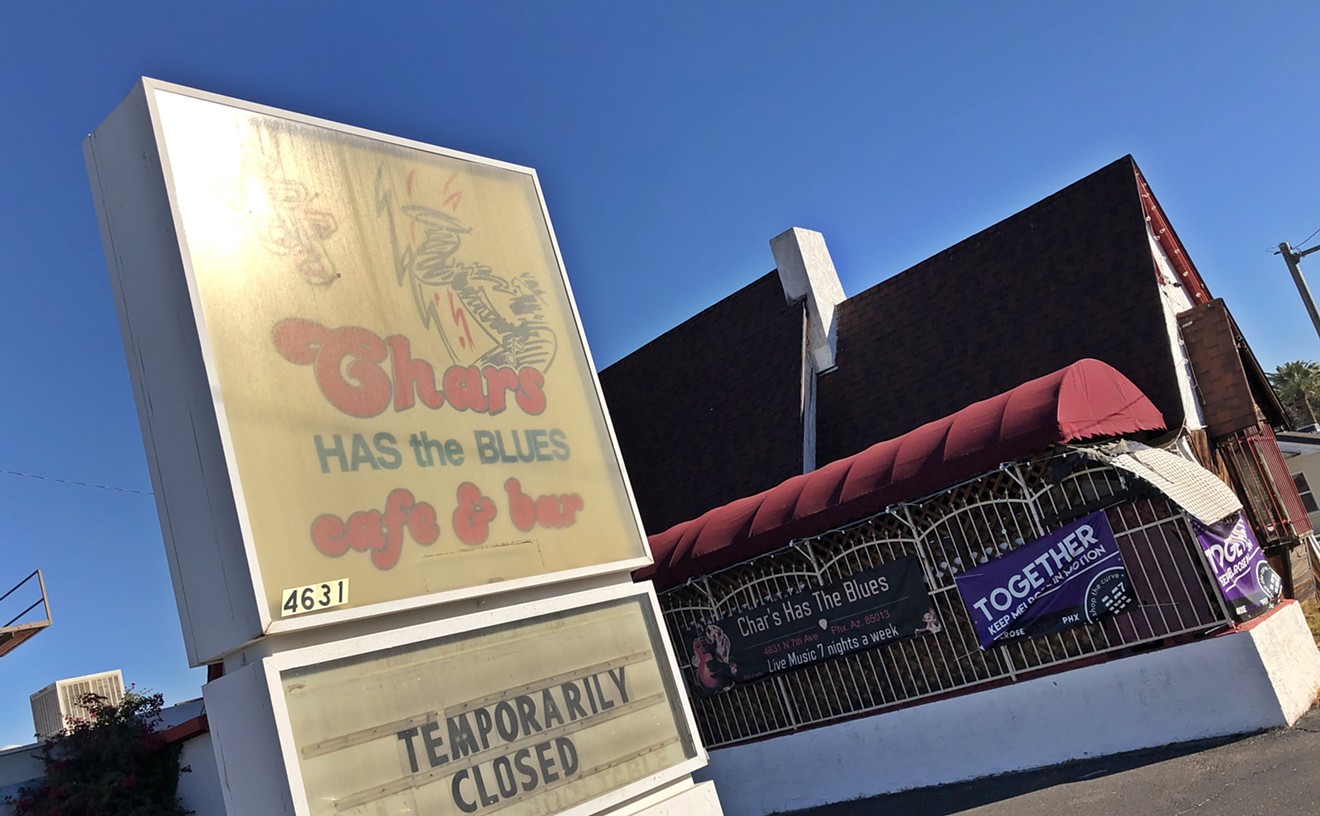Ultimately, strangely, it did. "Zoot Suit Riot" was an abominably catchy smash hit for the Cherry Poppin' Daddies in 1998; it lifted the band to retro-swing stardom and sustains them to this day. And to think: It all started conceptually when a mob of U.S. servicemen beat the crap out of some overdressed Mexican kids. Funny world.
It wasn't the first or last time that a shameful and/or tragic chapter of history was turned into a toe-tapping single. Here are some other notable specimens of National Tragedy Pop, minus any 9/11 song by Alan Jackson, any George W. Bush song by Green Day, or any stalled Obama healthcare initiative song by whomever. It's just too soon.
"Glad I'm Not a Kennedy" by Shona Laing: In 1985, New Zealand synth-jazz siren Laing scored heavy rotation on alt-rock radio with this danceable ode to America's most famous family. Between the jaunty sequencing and sardonic Catholic imagery, it endures as one of pop's "funner" political murder songs.
"Beer for My Horses" by Toby Keith: According to liberal commentator Max Blumenthal, Keith's 2003 hit isn't just a cheeky defense of capital punishment — it's a brazenly racist salute to the South's lynching heyday. Citing lyrics like "Hang them high in the street / For all the people to see," Blumenthal's theory seems, you know, not unfounded.
"Hiroshima Mon Amour" by Alcatrazz: Who knew post-war remorse could wail so freakin' hard? With lead singer Graham Bonnet hitting hard-rock high notes like a castrated monkey, this anti-war cult favorite enjoyed brief popularity on MTV in 1983. It was an even bigger hit in — you guessed it — Japan.
"Holiday in Cambodia" by The Dead Kennedys: Is no national tragedy sacred? When it comes to these punk pioneers, the answer is simply and categorically "fuck no." You could place any number of ironic Vietnam-themed counterculture songs alongside this 1980 classic, including "Charlie Don't Surf" by The Clash or "Orange Crush" by R.E.M.
"Exhuming McCarthy" by R.E.M.: If Senator Joseph McCarthy went a-hunting for witches in today's world, you can bet that every activist band, from Rage to Rise Against, would take turns flaying his commie-hating hide. But in the coiffed, complacent 1950s? Not so much. Which is why this lesser-known R.E.M. single from Document is one of the few mainstream rock songs to biopsy that unsightly pox on America's body politic.
"Kings of the Wild Frontier" by Adam Ant: Though few reputable scholars apply the word "genocide" to the reduction of Native American populations in the U.S., it wasn't exactly our most Nobel-worthy moment. Don't tell that to Adam Ant. For the Brit neo-punker, the story of the Indian is best honored through feather concepts, kitsch tribalism, and powwow drum beats. Honorable mention: Iron Maiden's "Run to the Hills."
"Pride (In the Name of Love)" by U2: This 1983 ode to the life and death of Martin Luther King Jr. was the Irish quartet's first Top 40 hit in the United States. Not everyone was a fan. Kurt Loder of Rolling Stone complained that the song "gets over only on the strength of its resounding beat and big, droning bass line, not the nobility of its lyrics, which are unremarkable." Later, the magazine anointed it one of the 500 greatest songs of all time.
"Ohio" by Crosby, Stills, Nash and Young: "Tin soldiers and Nixon are coming!" cries Neil Young, making like a counterculture Paul Revere in this 1970 Top 20 hit inspired by the Kent State shootings. Now he tells us.









